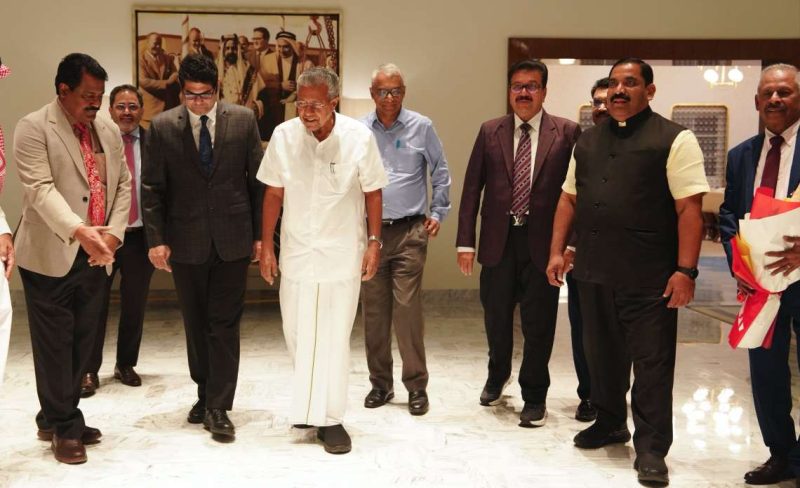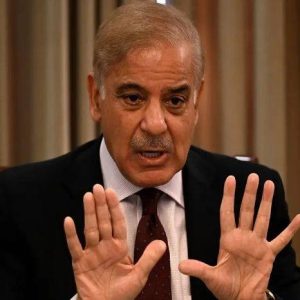The two leaders rejected the budget, describing it as an International Monetary Fund (IMF) and anti-people budget…reports Asian Lite News
Pakistan Tehreek-e-Insaf Asad Qaiser and Jamiat Ulema-e-Islam (F) chief, Maulana Fazl-ur-Rehman on Sunday showed strong opposition to the federal budget for the fiscal year 2024-25, reported ARY News.
According to details, the JUI-F chairman and PTI leader expressed worry about the deteriorating peace and order situation in Khyber Pakhtunkhwa and vowed to work together in the National Assembly to oppose the budget for 2024.
The two leaders rejected the budget, describing it as an International Monetary Fund (IMF) and anti-people budget.
Asad Qaiser and Maulana Fazl-ur-Rehman emphasised the importance of maintaining brotherly connections with Afghanistan, including the establishment of economic corridors at key crossing sites, as per ARY News.
The gathering also voted to form a political committee to address disagreements between the two parties and develop future political strategies.
Akhtar Hussain Yousafzai, PTI Central Deputy Secretary Information, also attended the meeting, which aimed to improve political collaboration.
Earlier, Finance Minister Muhammad Aurangzeb presented Pakistan’s budget for the fiscal year 2024-25, which included a total spending of more than PKR 18 trillion, prompting protests from opposition legislators from the Pakistan Tehreek-e-Insaf (PTI)-backed Sunni Ittehad Council.
The federal government suggested eliminating sales tax exemptions and incentives for a variety of commodities, including mobile phones, copper, coal, paper, and plastic scrap, according to ARY News.
Senator Muhammad Aurangzeb, Federal Minister for Finance and Revenue, recommended an 18 per cent standard sales tax rate on numerous commodities during his speech on the floor of the National Assembly.
The lawmakers from even the treasury benches joined their opposition counterparts in lashing out at the government over the federal budget, Dawn reported.
The legislators last week slammed Finance Minister Muhammad Aurangzeb for presenting a “tax-loaded and International Montery Fund (IMF)-dictated budget”.
The second day of the budget debate was also marked by fierce criticism of the government by the members from both sides over the absence of the ministers, especially the finance minister, from proceedings.
The PPP, a key partner in the ruling coalition, continued its protest by only having a “token participation”, as its members attended the session but didn’t participate in the debate as a mark of protest over the alleged violation of an agreement reached with the PML-N at the time of the formation of the government after the February elections and for “not consulting” it on the preparation of the budget. (ANI)
ALSO READ: UP braces for high-stakes by-elections
ALSO READ: CBI special team to probe NEET-UG exam irregularities














